For many of us, checking Instagram, Facebook, TikTok and other social media is a part of our normal routine. Viewing posts from friends and family across the world can be a way to make you feel more connected. However, social media use has a dark side. Social media can negatively impact our overall wellbeing by fueling anxiety, depression, loneliness and FOMO (fear or missing out). These issues are especially prevalent in teens and young adults.
Social media is here to stay and will continue to evolve and become more invasive. If you’re spending a lot of time on social media and feeling sadness, dissatisfaction, frustration, or loneliness, it may be time to re-examine your relationship with your online presence.
Understanding how social media impacts our mental health and overall wellbeing is important for yourself and your loved ones.
The Dark Side of Social Media
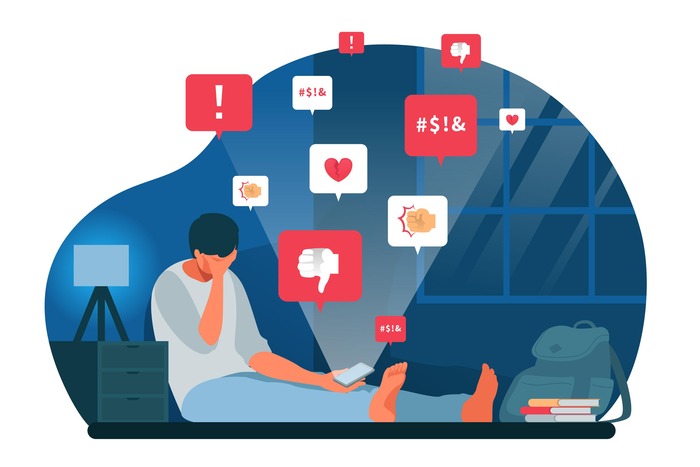
While social media can be a source of joy and connection, it also has a dark side. Excessive social media usage has been linked to mental health issues such as anxiety, depression, and loneliness.
Social media platforms have become a breeding ground for bullying and harassment. Cyberbullying can have serious consequences, causing anxiety, depression, and, in some extreme cases, even suicide. Unfortunately, younger users are more vulnerable to this form of abuse, making it all the more important to be aware of it. Furthermore, social media has a significant downside of encouraging us to compare ourselves with others. We often come across pictures of people’s seemingly perfect lives, which can make us feel unworthy and lower our self-esteem. It is crucial to remember that people generally share only the highlights of their lives, not the whole story.
At the same time, scrolling through social media posts about parties, vacations, and social gatherings can often trigger a sense of FOMO or fear of missing out, leading to feelings of sadness and isolation. This fear can be especially pronounced among younger users who might feel left out of their peer groups. On the other hand, excessive use of social media can also lead to social isolation. When individuals spend too much time online, it detracts from face-to-face interactions and can weaken real-life relationships. It is important to remember that social media is just one aspect of our lives and should not replace essential in-person connections.
How does social media affect mental health?
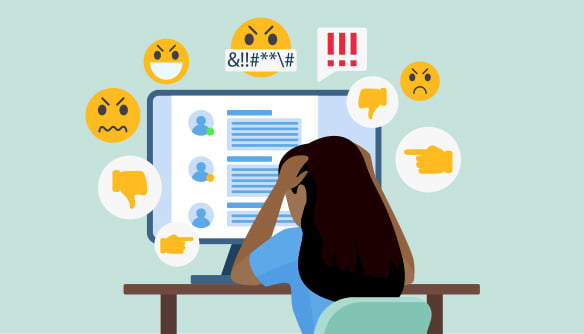
Human beings are social creatures. We need the companionship of others to thrive in life, and the strength of our connections has a huge impact on our mental health and happiness. Being socially connected to others can ease stress, anxiety, and depression, boost self-worth, provide comfort and joy, prevent loneliness, and even add years to your life. On the flip side, lacking strong social connections can pose a serious risk to your mental and emotional health.
In today’s world, many of us rely on social media platforms such as Facebook, X (formerly Twitter), Snapchat, YouTube, TikTok, and Instagram to find and connect with each other. While each has its benefits, it’s important to remember that social media can never be a replacement for real-world human connection. It requires in-person contact with others to trigger the hormones that alleviate stress and make you feel happier, healthier, and more positive. Ironically for a technology that’s designed to bring people closer together, spending too much time engaging with social media can actually make you feel more lonely and isolated—and exacerbate mental health problems such as anxiety and depression.
If you’re spending an excessive amount of time on social media and feelings of sadness, dissatisfaction, frustration, or loneliness are impacting your life, it may be time to re-examine your online habits and find a healthier balance.
There is a relationship between social media and the well-being of an individual. There are both positive and negative effects of social media on well-being.
The Positive Effects
1. Social Support- Social media has found to be useful in connecting with friends, family and people across vast distances. In the case of mental health, people undergoing some mental health issues such as anxiety, and depression, often find it useful to connect with the right professionals who can help them or connect with people with similar experiences virtually. Research suggests that maintaining online social connections can have a positive impact on overall mental health (Kross et al., 2013).
2. Awareness and Education: Social media platforms often provide valuable information about mental health. These platforms are used at various levels to provide awareness and fight against stigma linked with mental health issues.
3. Expression and Creativity: Sharing personal experiences, creativity and work is often empowering and helps to boost self-esteem. It hence has a positive impact on mental well-being. Studies have indicated that engaging in creative activities can reduce stress and improve mood (Stuckey & Nobel, 2010).
The Negative Effects
1.Addiction and Time Consumption: Social media is designed to grab the attention of users and as a result, it can lead to excessive time spent on screen. The effect of increased screen time are varied; ranging from disturbance in sleep, ignoring real-life relationships leading to isolation, affecting physical health and lifestyle and reduced self-esteem.
2.Comparison and Envy: One of the most significant negative impacts of social media is the tendency for users to engage in social comparison. There are feelings of inadequacy that can also cause low self-esteem, anxiety and depression. A study by Chou and Edge (2012) found that increased social comparison on Facebook led to decreased self-esteem.
3. Cyberbullying: Cyberbullying is also known as online bullying. It occurs on digital platforms such as social media. The impact of cyberbullying can lead to severe consequences such as stress, depression, anxiety, low self-esteem, isolation and loneliness.
4. Fear of Missing Out (FOMO): It is mainly the compulsion to check feeds as a consequence of anxiety associated with the fear of missing out on things on social media. It can lead to disturbed sleep, lower life satisfaction, decreased mood and restlessness. This affects overall mental well-being.
Signs that social media is impacting your mental health
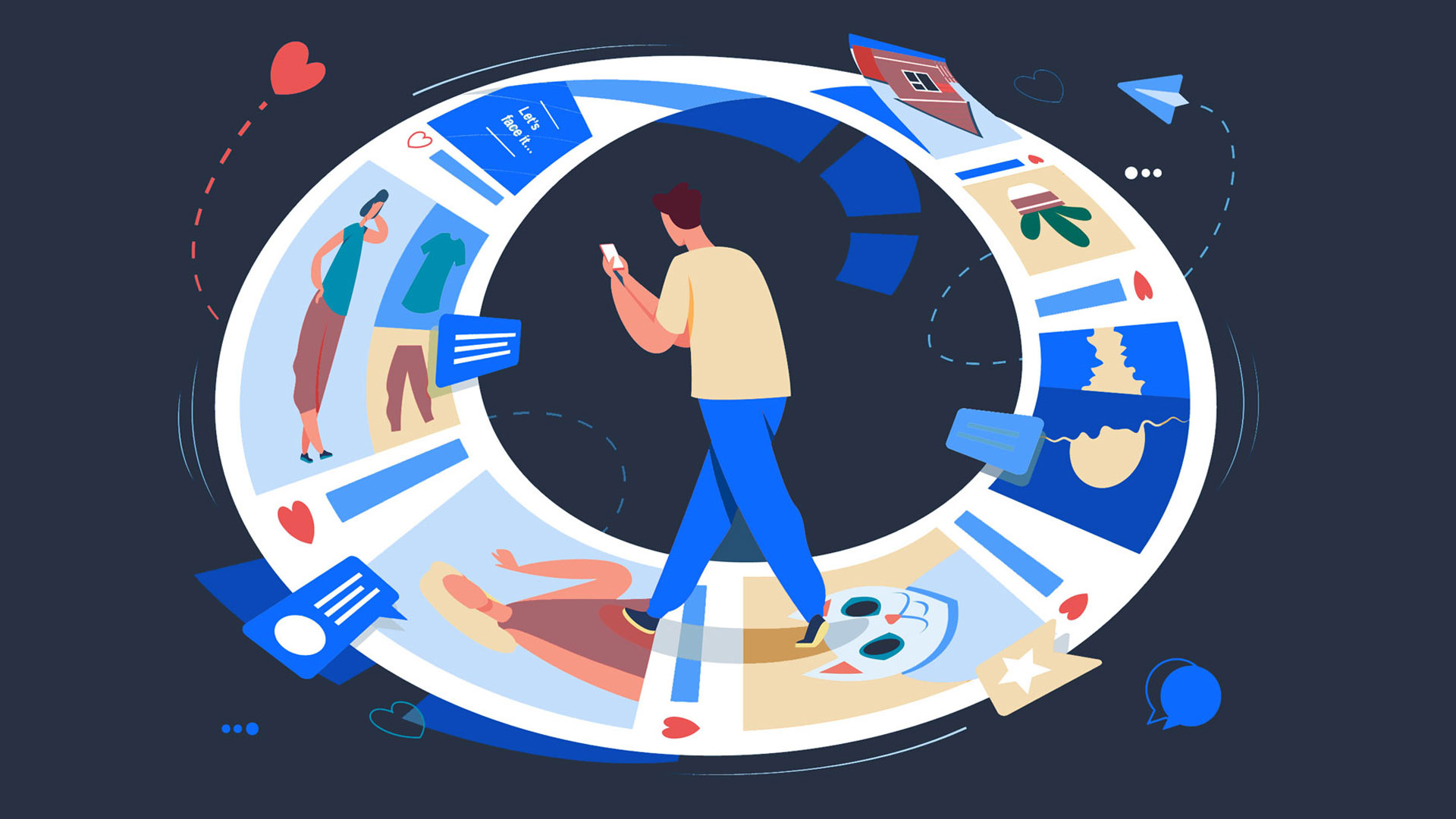
Everyone is different and there is no specific amount of time spent on social media, or the frequency you check for updates, or the number of posts you make that indicates your use is becoming unhealthy. Rather, it has to do with the impact time spent on social media has on your mood and other aspects of your life, along with your motivations for using it.
For example, your social media use may be problematic if it causes you to neglect face-to-face relationships, distracts you from work or school, or leaves you feeling envious, angry, or depressed. Similarly, if you’re motivated to use social media just because you’re bored or lonely, or want to post something to make others jealous or upset, it may be time to reassess your social media habits.
Indicators that social media may be adversely affecting your mental health include:
- Spending more time on social media than with real world friends. Using social media has become a substitute for a lot of your offline social interaction. Even if you’re out with friends, you still feel the need to constantly check social media, often driven by feelings that others may be having more fun than you.
- Comparing yourself unfavorably with others on social media. You have low self-esteem or negative body image. You may even have patterns of disordered eating.
- Experiencing cyberbullying. Or you worry that you have no control over the things people post about you.
- Being distracted at school or work. You feel pressure to post regular content about yourself, get comments or likes on your posts, or respond quickly and enthusiastically to friends’ posts.
- Having no time for self-reflection. Every spare moment is filled by engaging with social media, leaving you little or no time for reflecting on who you are, what you think, or why you act the way that you do—the things that allow you to grow as a person.
- Engaging in risky behavior in order to gain likes, shares, or positive reactions on social media. You play dangerous pranks, post embarrassing material, cyberbully others, or access your phone while driving or in other unsafe situations.
- Suffering from sleep problems. Do you check social media last thing at night, first thing in the morning, or even when you wake up in the night? The light from phones and other devices can disrupt your sleep, which in turn can have a serious impact on your mental health.
- Worsening symptoms of anxiety or depression. Rather than helping to alleviate negative feelings and boost your mood, you feel more anxious, depressed, or lonely after using social media.
Ways to safely use social media
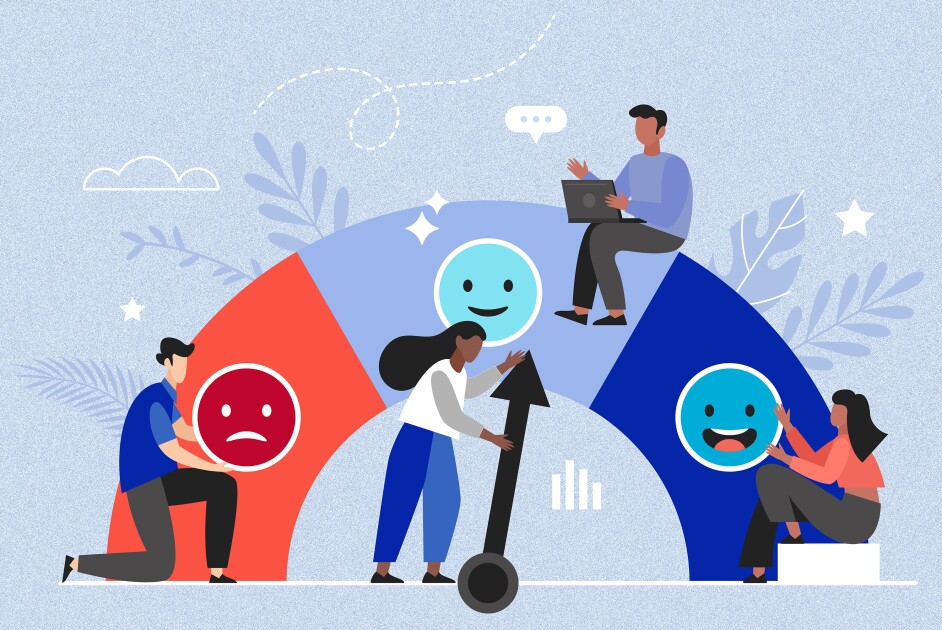
Tips to improve your relationship with social media and help decrease the negative effects:
- Limit Screen Time: Set daily limits on your social media use. Apps and features that track and limit screen time are available on most devices. Use them to regain control over your online presence.
- Unfollow Negativity: If certain accounts or content make you anxious or unhappy, don’t hesitate to unfollow them. Curate your online experience to include only positive and uplifting content.
- Practice Mindfulness: Be mindful of your emotions while using social media. If you notice feelings of jealousy, insecurity, or sadness creeping in, take a break and engage in activities that boost your mood.
- Prioritise Real-Life Connections: Invest time in building and maintaining in-person relationships. Make an effort to connect with friends and family face-to-face or through phone calls.
- Educate Yourself: Stay informed about the impact of social media on mental health. Understanding the potential risks can help you make informed choices about your online activities.
- Seek Support: If you’re struggling with the negative effects of social media on your mental health, don’t hesitate to seek support from friends, family, or a mental health professional. You’re not alone, and resources are available to help you.
Find fulfillment and happiness outside of social media

Prioritize in-person connections and activities to help improve your mental health. This can also lead to decreased screen time.
Find activities that fulfill you outside of your phone. Hiking, picnics with friends, painting, pickleball, reading, or walking your dog can be great ways to connect with others. Activities you enjoy can also improve your physical and mental health.
The impact of social media on mental health is complex and an evolving issue. There are several positives and negatives associated with the impact of social media on the mental well-being of an individual. It is essential to acknowledge the potential negative impacts, learn to mitigate them and also to seek help from a mental health professional when needed.











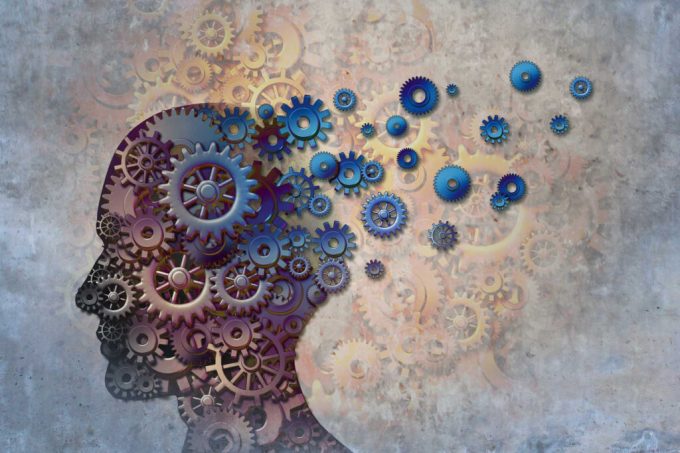


Leave a comment